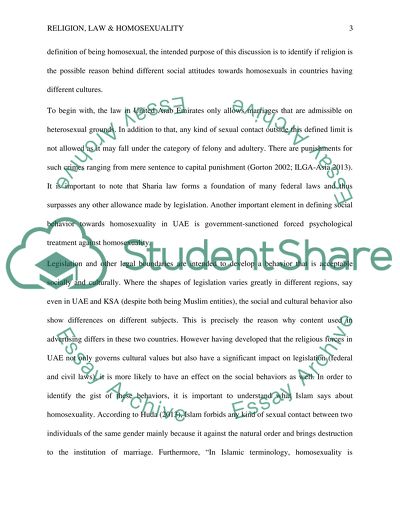Cite this document
(“Religion, Law & Homosexuality Essay Example | Topics and Well Written Essays - 1500 words”, n.d.)
Retrieved from https://studentshare.org/sociology/1482478-religion-law-homosexuality
Retrieved from https://studentshare.org/sociology/1482478-religion-law-homosexuality
(Religion, Law & Homosexuality Essay Example | Topics and Well Written Essays - 1500 Words)
https://studentshare.org/sociology/1482478-religion-law-homosexuality.
https://studentshare.org/sociology/1482478-religion-law-homosexuality.
“Religion, Law & Homosexuality Essay Example | Topics and Well Written Essays - 1500 Words”, n.d. https://studentshare.org/sociology/1482478-religion-law-homosexuality.


